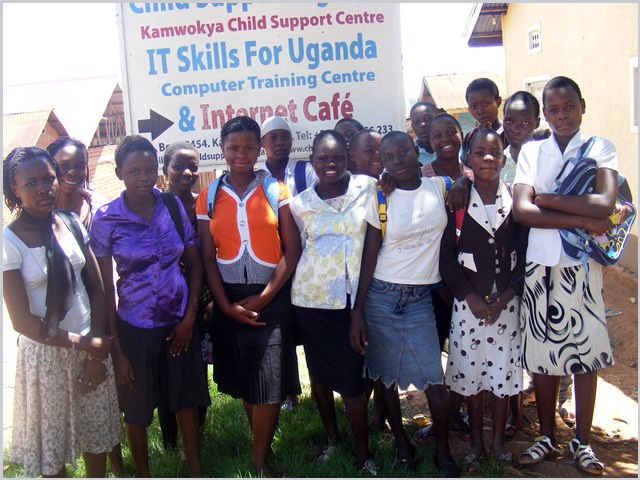Uganda

When it comes to human rights, there are many areas which are cause for concern in Uganda. The rebel Lord's Resistance Army (LRA), led by Joseph Kony, has been accused of severe brutality. Child labour and trafficking is common. Many children are forced to work in agriculture or as child domestic servants, where they are at risk for sexual abuse. The UN estimates that 20,000 children have been abducted by the LRA - boys are forced to become child soldiers, girls are taken as wives and forced into sexual slavery and early motherhood.
Although Uganda has been able to significantly reduce the incidence of HIV/AIDS among its population, approximately 1 million children have been orphaned as a result of this pandemic.
OFA has one partner in Uganda: Child Support Uganda (CSU), who are based in Kampala and Tororo.
Child Support Uganda (CSU)
Click logo to visit CSU's website C SU had its beginnings in 2005 as a community-based initiative to help five children who had lost their parents to HIV/AIDS. Donations from members of the community were able to provide school uniforms and supplies as well as general support for the five orphans. Within a short period of time, it had become clear that there were many more orphaned children in the community. After losing one or both parents, an orphan would lose support for basic necessities. They would have no access to education, risked being forced into child labour, they would be vulnerable to sexual abuse, HIV/AIDS exposure and forced into early marriage.


Through the Micro-Enterprise Program, OFA has assisted Child Support Uganda with their vision to open a Computer Skills Training Center and Internet Café in the Kampala area. A total of 60 children are now learning skills that will literally transform their lives and give them a hope-filled future. Our goal is to provide training for up to 210 children each year. CSU has recently expanded the Computer Skills Training Center/Internet Café program into Tororo and in the future hopes to expand into Gulu, in northern Uganda.

Sources:
- Rural Poverty Portal. Rural Poverty in Uganda. http://www.ruralpovertyportal.org/country/home/tags/uganda (accessed Sept. 24, 2013).
- The World Bank. Uganda. http://data.worldbank.org/country/uganda (accessed Sept. 24, 2013).
- Wikipedia. Uganda. http://en.wikipedia.org/wiki/Uganda (accessed Sept. 24, 2013).
- UNAids. Uganda. http://www.unaids.org/en/regionscountries/countries/uganda/ (accessed Sept. 24, 2013).
- Unicef: Childinfo. http://www.childinfo.org/hiv_aids_orphanestimates.php (accessed Sept. 24, 2013).


In Brief:
- 85% of Ugandans live in rural areas, 40% of which live in abject poverty.
- The average yearly income is $440 US.
- Uganda is home to 35 million people with an average life expectancy of 58 years.
- 1.4 million Ugandans are living with HIV.
- There are 2.6 million orphaned children between the ages of 0-17; 1.1 million as a result of HIV.

